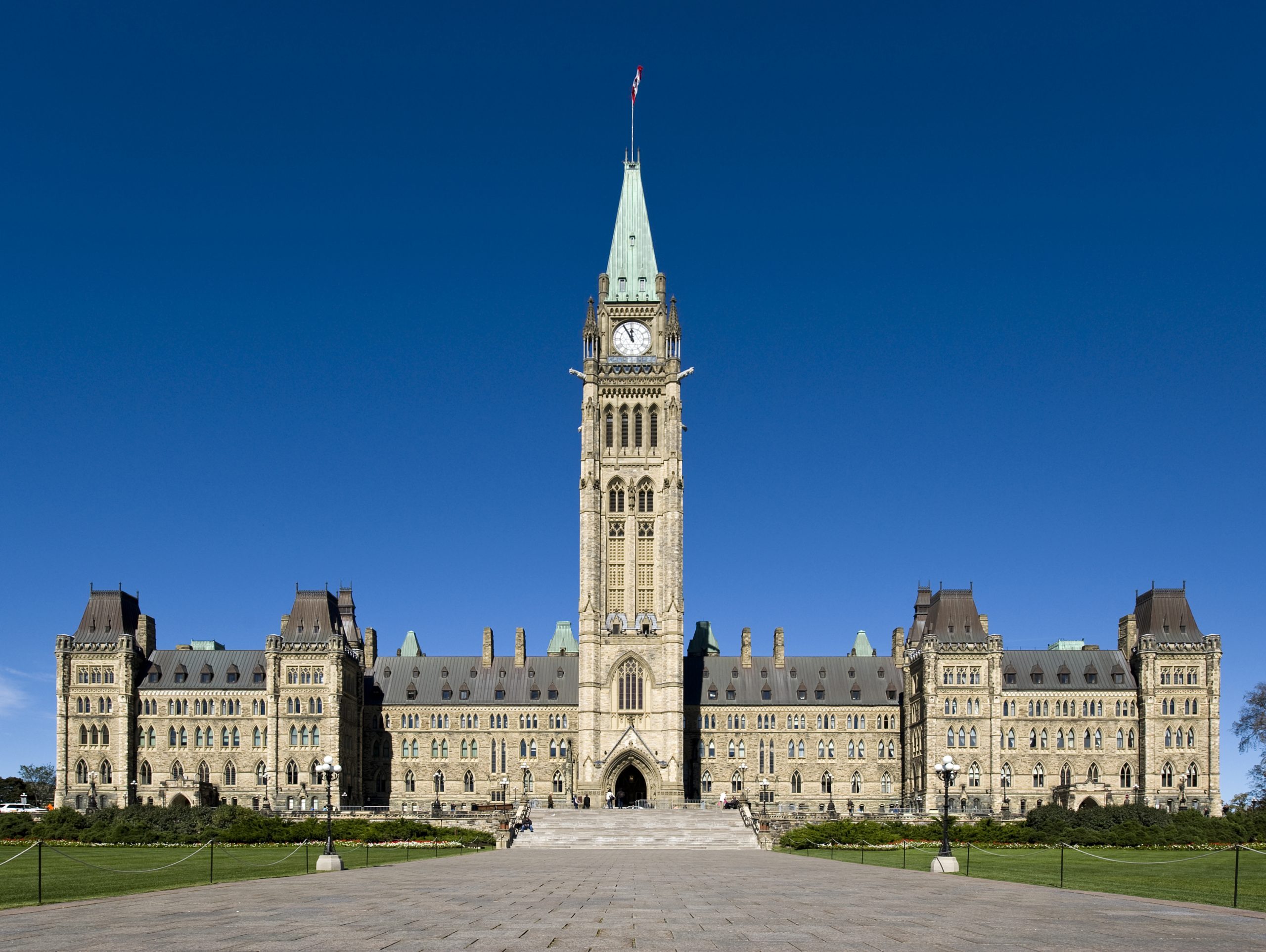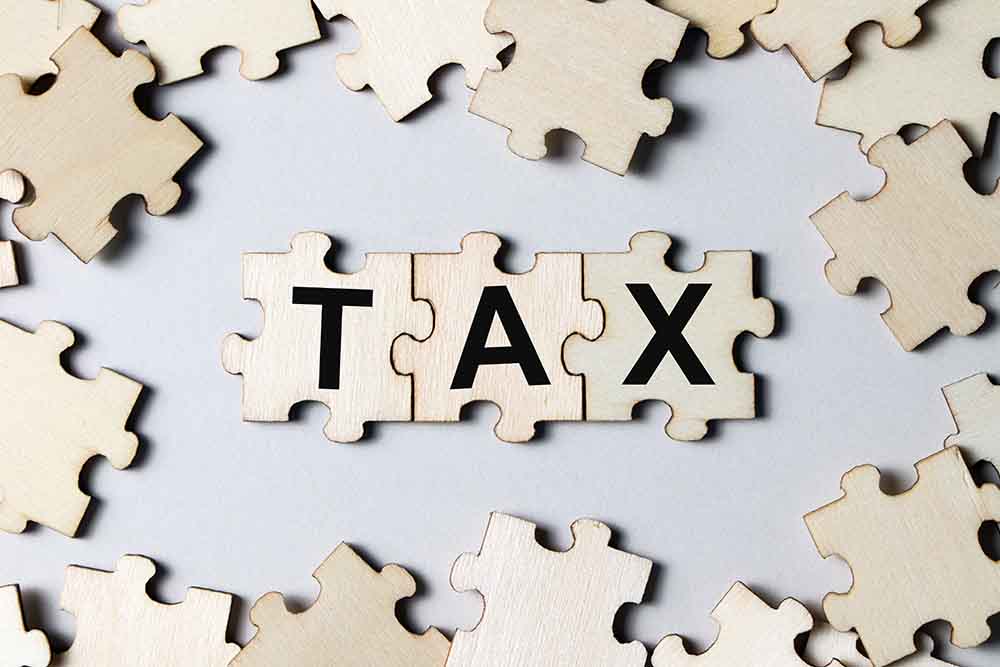-
- Equalization is a federal subsidy program that began in 1957, which transfers revenue from have to have-not provinces with the objective of “ensuring reasonably comparable levels of public services at reasonably comparable levels of taxation.”
The program transfers resources to provinces with below average tax bases, thereby helping poorer provinces to fund services without the need to tax their residents excessively.
- By clawing back savings and extra revenue, this overly complicated and highly politicized program has, perversely, increased the dependency of have-not provinces by allowing them to excessively increase spending. This has discouraged them from adopting innovative policies or cutting taxes.
- Another perverse and environmentally harmful quirk in the equalization formula is that it treats non-renewable and renewable energy revenue differently. The proceeds from non-renewable oil, which are one-time revenues that will cease when the oil resource is depleted, are subject to a clawback that deducts the revenue from the transfer payments. This effectively penalizes oil producing provinces like Saskatchewan, Nova Scotia and Newfoundland.
- Renewable energy revenue from hydroelectricity falls outside the formula and is not clawed back from equalization transfers. This allows two have-not provinces with renewable energy wealth, Manitoba and Quebec, to underprice their valuable electricity as a matter of government policy, because they are crown electricity monopolies. Knock-down electricity pricing has been justified for economic development and industrial policy reasons in order to attract investment. However, this strategy remains a blatant failure. In 2007, Manitoba had the lowest level of private per capita investment in Canada.
- • Manitoba’s policy of pricing electricity below market value translated into a $1.2 billion revenue loss in 2006. If all things were equal and this revenue was treated in the equalization formula like Saskatchewan’s non-renewable oil income, 50% of the revenue or $600 million in lost revenue should be deducted from Manitoba’s equalization transfer.
- In 2007, Manitoba’s equalization transfer was $1.826 billion. Treating renewable and non-renewable energy equally would see Manitoba’s subsidy fall to $1.286 million ($1.826 billion less $600 million).
- This differing treatment of non-renewable and renewable energy revenue means that the federal government, Alberta and Ontario are effectively subsidizing electricity prices in Manitoba and Quebec. These low prices, in turn, have artificially stimulated higher electricity consumption, which is decidedly against mainstream green policy thrusts that promote efficient energy use.
- The equalization system discriminates against non-renewable oil producing provinces like Saskatchewan, while artificially encouraging excessive energy consumption in hydro producing places like Manitoba and Quebec.
- Overpaying Manitoba by $600 million has artificially expanded government (e.g., Manitoba has 117 public employees per 1,000 people, Alberta has 83 public employees per 1,000 people, Ontario has 81), while giving the province wider scope to pursue poor policies in several areas. Most recently, the Manitoba government decided to route a hydro transmission line from Northern Manitoba hydro developments around the west side of Lake Winnipeg instead of a more direct line down the east side. This means an extra 455 km of line, which will cost an extra $550 million and annual power losses of 70 megawatts – sufficient to power 25,000 homes or to eliminate the greenhouse gases of 40,000 automobiles.
- To decrease the artificially high energy consumption that is stimulated by the equalization subsidy, the federal government should subject Manitoba’s hydro price subsidy to the clawback – thus treating renewable and non-renewable energy revenue the same way. Reducing Manitoba’s equalization by $600 million would be a quick “smart green” way to promote a more environmentally wise use of a scarce resource. It would also encourage better policy decisions in Manitoba.
Read in PDF format here.



